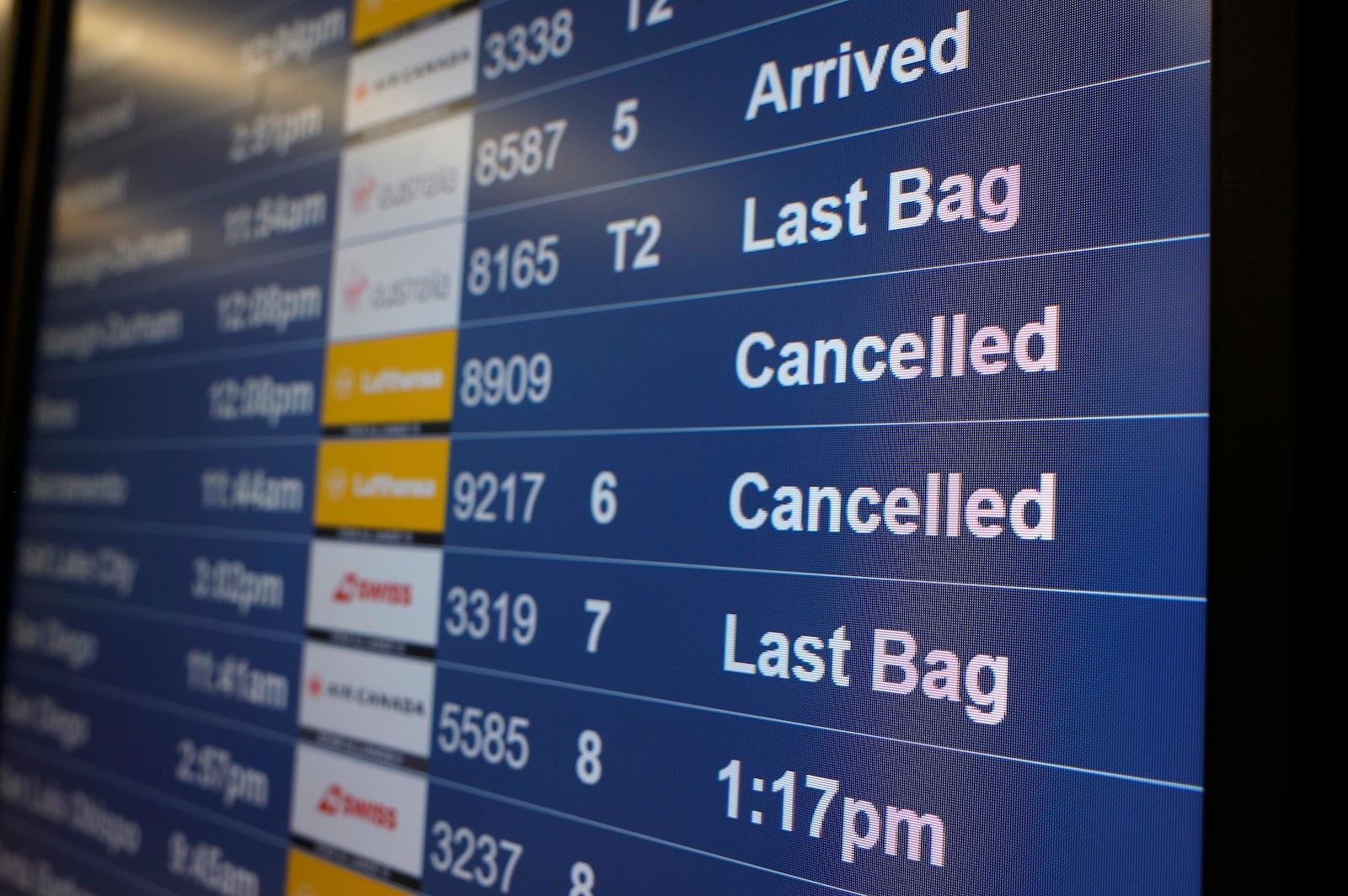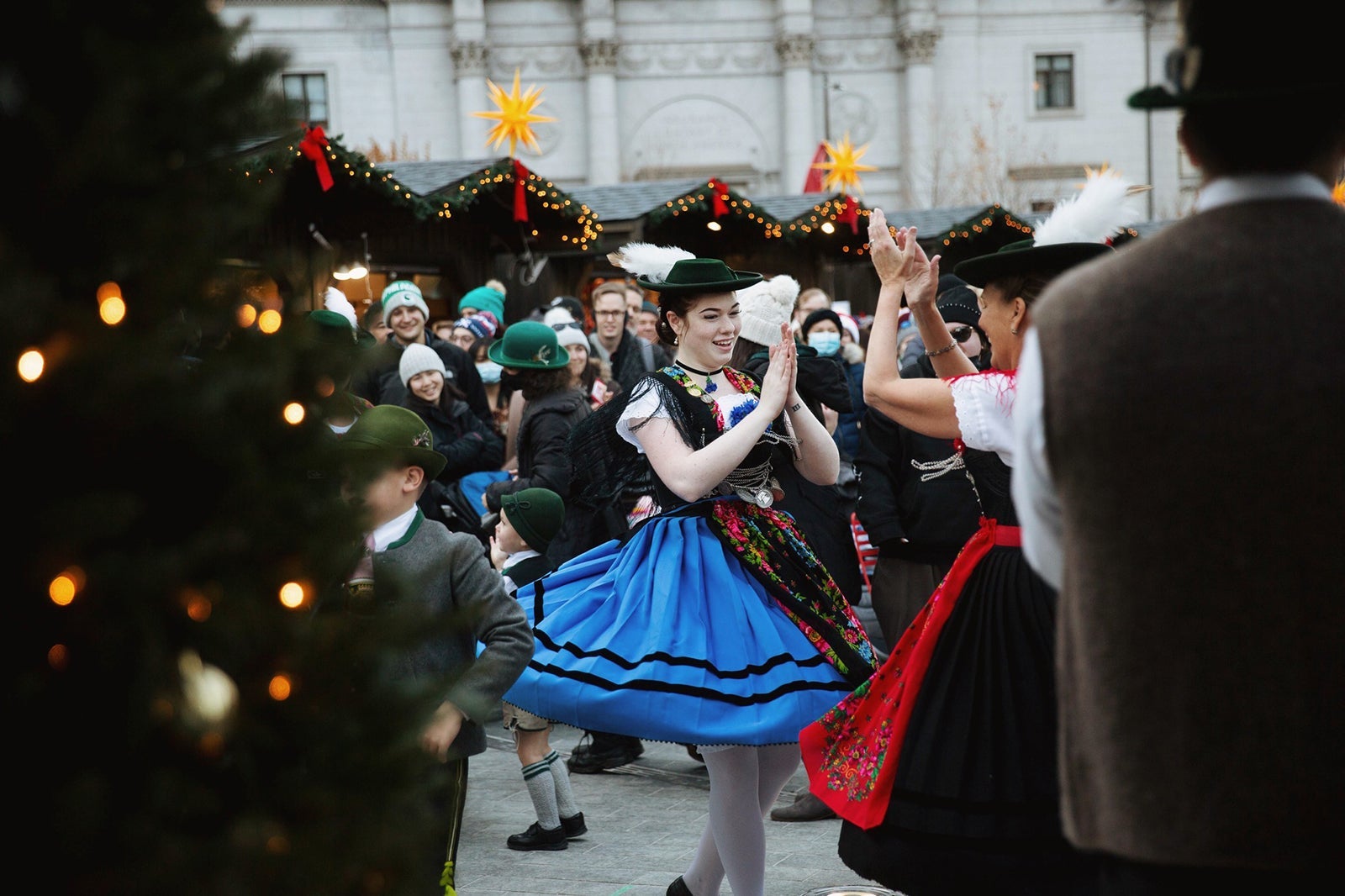There are moments in gaming where a song isn’t just *on* the soundtrack – it *becomes* the experience. Licensed music often feels like an afterthought, but occasionally, a track and a game achieve a synergy so complete, they’re forever linked in a player’s memory.
It’s a strange phenomenon. Hearing a familiar song on the radio can instantly transport you back, not to a time or place, but to a virtual world. These aren’t just good songs in good games; they’re perfect pairings, tracks that feel as though they were composed specifically for the unfolding action.
Consider Guns N’ Roses’ “Paradise City” and the adrenaline-fueled chaos ofBurnout Paradise. The song’s explosive energy perfectly mirrors the game’s high-speed crashes and relentless racing. It’s difficult to separate the two now, even knowing the song existed long before the game’s release.

Then there’s the haunting beauty of The Ink Spots’ “I Don’t Want to Set the World on Fire” inFallout 3. Released in the 1940s, the song’s vintage charm and melancholic tone amplify the game’s post-apocalyptic setting, highlighting the fractured beauty within a ruined world.
For many, the gritty energy of Cage The Elephant’s “Ain’t No Rest for the Wicked” is synonymous withBorderlands. Even for those less enamored with the game itself, the song evokes the feeling of chaotic, unpredictable encounters and the darkly humorous tone of the franchise.
The atmosphere ofHitman: Contractsis subtly, powerfully enhanced by Puressence’s “Walking Dead.” The song’s brooding melody perfectly complements the game’s shadowy environments, making a deliberate detour to a Rotterdam bar feel like a crucial part of the mission.

Sometimes, the connection is purely nostalgic. The Stereophonics’ “The Bartender and the Thief” might not be a universally beloved track, but for many, it’s inextricably linked to the early days ofGran Turismo 2on the PlayStation. The song’s driving rhythm seemed to perfectly capture the thrill of racing.
But perhaps the most masterful use of music comes inRed Dead Redemptionwith José González’s “Far Away.” Its sparse arrangement and melancholic lyrics are deployed at a pivotal moment, creating a scene of profound isolation and beauty that lingers long after the credits roll.
And who could forget L7’s “Pretend We’re Dead” blasting from the radio inGrand Theft Auto: San Andreas? The song’s raw energy and rebellious spirit perfectly encapsulate the feeling of freedom and reckless abandon as you tear across the game’s vast landscape on a motorcycle.
These are just a few examples, moments where music transcends its role as background audio and becomes an integral part of the gaming experience. They are testaments to the power of synergy, where two distinct art forms combine to create something truly unforgettable.






